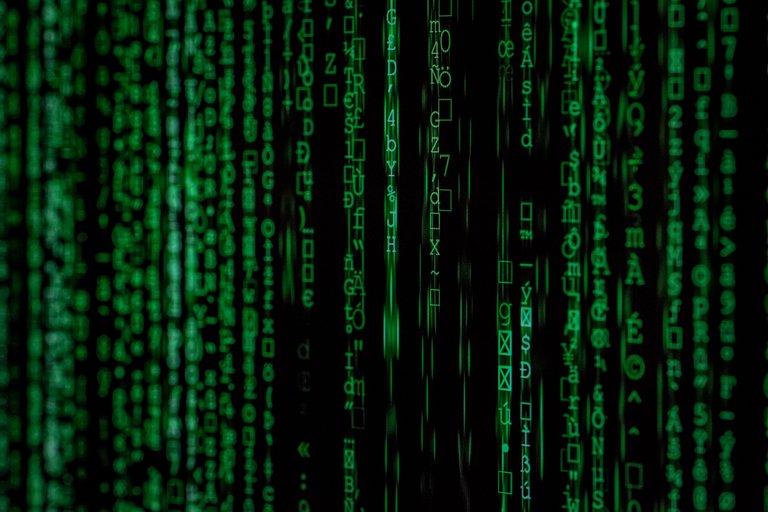Introduction
First of all, hackers are all over the world . They could be in the next room, or on the other side of the world; they could even be your best friend. You never know who is dumb enough to give away their password, and this is a risk you have to take into consideration. Knowing how to tell that you’ve been hacked can save a lot of time, money and anguish later on.

Photo by Towfiqu barbhuiya on Unsplash
Signs
Here are some signs that might indicate someone has hacked you:
-Strange emails in your inbox.
-Unexpected logins to your account.
-Emails or other alerts you didn't request.
-Unusual credit card activity on your account.
Things to do if you have any of these signs
If you have any of these signs and are hacked, please immediately notify the bank or credit card company so they can take corrective actions, change all passwords online and offline if applicable, report any unusual activity to the police, and notify any acquaintances who could also be affected by this event with an email.
The first step you need to take after you find out that your system is hacked is to contact the company where you held your credit card or used your bank account.
In case you have no other accounts with that company, it is also wise for you to contact the bank/credit union where you hold any other accounts or made any purchases.
(In case you don't have any account with the banks that were hacked, please contact them as well).
If either of the two companies already fixed their system and they know how to fix it, they will need at least your email address so they can contact you back by email to inform them of what happened and what steps they will take next.
All of these companies will be able to help you recover your files and your systems.
(In case they cannot come up with an answer or they ignore you, please contact the banks or credit card companies that were hacked so they can submit their report online to help other victims).
If neither of them takes any action for several days, it is best for you to make a clean start and start over again by creating new accounts on different websites that don't use any third-party services. You will also need to delete all your social media accounts (Facebook, Twitter, etc.) from your system.
Some of the most common malicious hackings are:
-Electronic pickpocketing: Using keyloggers to steal logins and passwords to online accounts.
-Phishing: Using email spoofing or malicious links in social engineering scams to gain access to users' accounts.
-Spyware: Used by hackers to spy on the victim's activity on the Internet with cookies, keystroke logs and other methods.
-P2P file sharing programs like Kazaa, Bearshare Kinoos, etc.
Protection
To protect your business from a data breach Cyberware AI offers a data breach detection service.
Cyberware AI provides security for organizations by identifying and responding to threats.
Cyberware AI also provides cyber forensics to protected information and can help analysts determine how to prevent future data breaches in your organization.
Cybersecurity
A cybersecurity incident is an attack that may affect a network or system's capability or availability, or a security policy violation; it includes hacktivism, espionage, espionage, criminal activity and terrorism.

Photo by Markus Spiske on Unsplash
Final Words
Finally, make sure that your antivirus software, firewall and router are updated, this will help to prevent you from future breaches.
